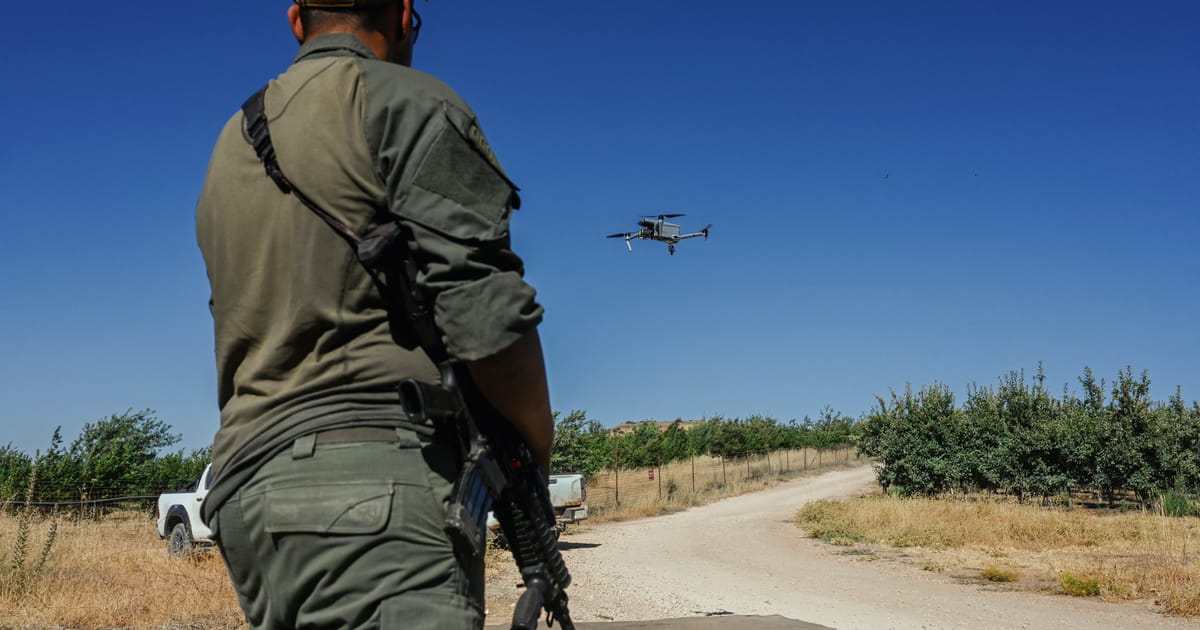

In a rapidly evolving global landscape, new challenges and transformations are shaping the way societies and governments respond to conflict and humanitarian crises. From the complexities faced in Gaza by aid workers to the evolving nature of warfare, these developments present both obstacles and opportunities for advancement.
Recent reports have highlighted the growing stress on Gaza’s health system amidst deteriorating conditions. Medical staff and aid workers are facing almost daily incidents with numerous casualties, particularly at food distribution sites. As conflict continues in the region, doctors and humanitarian organizations are struggling to provide support to those injured, exacerbating an already dire situation. Efforts to access food from distribution sites managed by the Gaza Humanitarian Foundation are met with dangerous conditions, adding to the urgency for comprehensive support and intervention.
In a parallel narrative, the dynamics of warfare are witnessing a shift. The rise of drone technology, which once dominated the battlefield, is now encountering counter-measures that are altering the balance of military strategy. Countries around the world are developing effective defenses to neutralize drone threats, signaling an end to their unchallenged supremacy. These technological advancements underscore the rapid pace at which military capabilities are evolving, prompting the need for continuous assessments and adaptations.
Simultaneously, geopolitical incidents further complicate the situation, as evidenced by discussions at the highest levels of international diplomacy. Israeli Prime Minister Benjamin Netanyahu’s meeting with US President Donald Trump illustrates the ongoing efforts to address ceasefire possibilities amidst the continuing Gaza conflict. These high-level dialogues remain crucial in exploring avenues for de-escalation and peace.
Moreover, the personal plights of individuals caught in these conflicts cannot be overlooked. The case of Mohammed Baraka, a Palestinian former EU employee in Gaza now stranded in Cairo, highlights the human element often entangled in bureaucratic challenges. Baraka’s appeal to the European Commission for support serves as a reminder of the humanitarian responsibilities that accompany political decisions.
The interconnectedness of these stories captures the multifaceted nature of modern conflicts and crises. While advancements in defense technology offer new strategic avenues, they also highlight the persistent human suffering that requires immediate attention and resolution. As dialogues continue and technological landscapes shift, the need for compassionate, focused interventions becomes ever more pressing.
The landscape of global conflict is ever-changing, with implications that ripple through societies and affect individuals on a deeply personal level. Through understanding and addressing these challenges, pathways to stability and peace can be forged, even in the most complex situations.
Source: {link}
